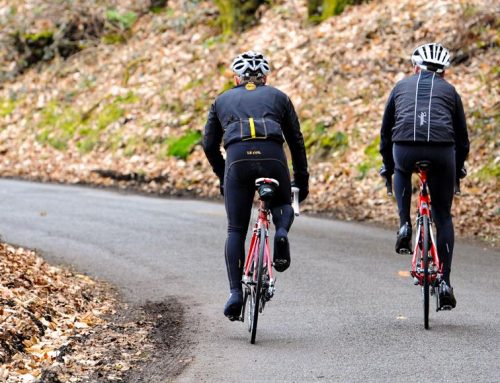Kidz on the Coast – July 2019
Tackling the big beast: Forgiveness
 Today in my relationship coaching practice I had a step-father and his adolescent son working on reconciling their relationship.
Today in my relationship coaching practice I had a step-father and his adolescent son working on reconciling their relationship.
It has been a happy family life, mostly, but they have also had some difficult history together, especially as they have traversed the teenage years compounded by other extenuating factors of stress. Father and son are now both over 6ft tall. It is, however, only physically that they see ‘eye to eye’.
Our session’s goal was to begin reconciliation. To restore the relationship for re-entry into the family after a period of separated living; to redefine ‘boundaries’ and reset some new relationship agreements, however before the recreating work can be done, healing work needs to happen.
Hard feelings and difficult emotions need to be moved on and released. Each party needs to recognise they are an equal and contributing force in the ‘relationship field’ and their desire to be together and create a positive future must be greater than their desire to maintain those hard feelings and live in the past. You can’t do both – you can’t hold onto the rage and want things to change – it’s like two feet on different boats.
To achieve this, whether it is lovers and spouses, or fathers and sons, requires profound, meaningful and skilled work. It involves high-level relationship skills, which once learnt, can propel you on the path to right and happy relationships – with yourself – and with everyone and anyone. This is the work of empathy, taking responsibility and forgiveness, but of them all, the hardest for many seems to be forgiveness.
Forgiveness is a big beast to slay. In fact, it could be a dying art form. It seems people are so ready and fast to walk away from relationship at the first clash or transgression (particularly online where you can simply block, delete and even troll) but we can’t so easily do that to our lovers and family.
In any intimate relationship, at some point you will find yourself in an un-forgiveness/forgiveness dynamic. That’s just how life and love goes.
When was the last time you witnessed or participated in a process of forgiveness? Often it can play out as a one-sided business where we are either giving it or withholding our forgiveness of others. How often do we find ourselves asking for forgiveness? How often are we willing to admit to being in the wrong? How willing are we to see our part in the experiences we have?
We create a powerful energetic bonding when we engage in blame, resentment, right vs wrong, victim vs perpetrator or good vs bad judgements. It is a very intimate partnership we create with someone when we need to either forgive or be forgiven. A tight emotional fusion takes place, energetically shackling you to each other. This emotional shackle can remain alive despite years, distance and even beyond the grave.
Inevitably in my client sessions we will work with forgiveness as a key milestone in a healing and transformation journey. This is always really, really hard. Sometimes it is an herculean task!
Part of the massive challenge of forgiveness is that it is often based on a false understanding of what forgiveness is about. It is not a pardoning, or a condoning of another’s actions, but rather a release from that energetic, emotional bond to the person/situation. This bond is usually defined by some very uncomfortable and toxic emotions which will not leave you until they are given permission to leave.
No doubt about it, forgiveness is a complex experience. It is many things. Forgiveness is a decision. Forgiveness is state of being. Forgiveness is allowing, a willingness to release the emotions that shackle you to another. Forgiveness it is not a switch you flick, but a practice. It is an energetic process. It involves giving and receiving, including to yourself.
Forgiveness is not a rational, mental, intellectual feat; it is a spiritual endeavour. Sometimes, it may feel so beyond our capacity, we need to reach a higher place of being, or hand it over to the divine.
Sometimes, the best way to appreciate the power and transcendent grace of forgiveness is to be on the other side of the equation, in the humbling position of asking to be forgiven. We are all human. We all make mistakes. We are all learning. We are all trying to be better. Forgiving the little things is just as important as forgiving the big things. In fact, being practised in the smaller acts of forgiveness will build our forgiveness muscle.
We’ve all been there. We will all fail again. Forgiveness is a big beast, so for now, let’s just take a small bite out of the elephant. Here is a loving, compassionate and real way to ask for forgiveness:
- I take responsibility for _________________.
2. I know/guess it made you feel_____________.
3. I am sorry.
4. What I have learned about myself/this situation is __________. - I commit to changing this________to avoid it happening again.
- Can you please forgive me?
Equally important is being gracious and real when accepting an apology. An unaccepted apology can do more harm and amplify hard feelings. A rejected apology doesn’t bring into the interaction any sense of responsibility and it certainly bypasses any empathy.
I hope for both this father and son they can meet each other in an equal place – now almost man to man – and be willing to give empathy, take responsibility, and forgive……for giving them the chance to be at peace in their family life again and for giving them the chance to recreate, regenerate, restore and renew.





